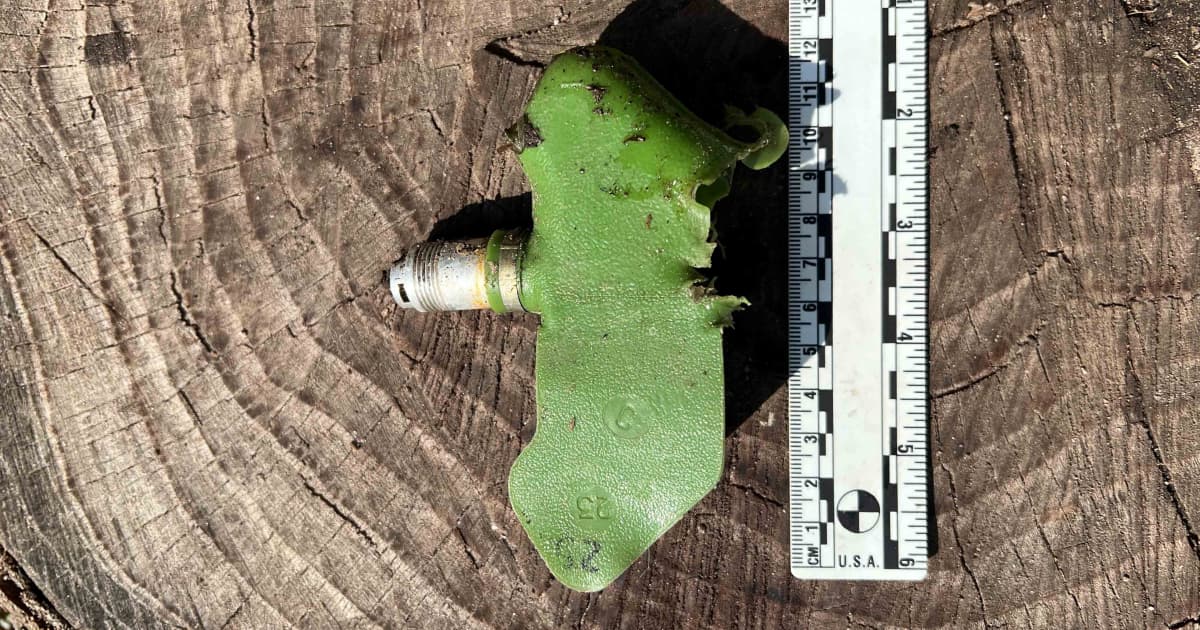Human Rights Watch accuses Ukraine of using landmines but marks temporarily occupied Crimea as Russian territory on the report's map

The organisation's report states that Ukraine should investigate the use of thousands of rocket-propelled anti-personnel landmines by its military in and around the city of Izium when Russian troops occupied the area. Ukraine is a state party to the 1997 Mine Ban Treaty, which prohibits all use of anti-personnel landmines.
Ukraine's ombudsman, Dmytro Lubinets, agrees that using these mines poses a significant threat to civilians and that over the nearly nine years of war, Ukraine's territory has become the most contaminated in the world with these mines.
"Back in 2018, Ukraine appealed to the UN that it could not fully guarantee the implementation of the Ottawa Convention (Convention on the Prohibition of the Use, Stockpiling, Production and Transfer of Anti-Personnel Mines and on Their Destruction) in connection with the war. Russia, in turn, is not a party to this convention," Lubinets said.
To confront Russia, which does not adhere to any norms of international humanitarian law, Lubinets says, Ukraine needs more high-precision Western weapons.
The Ukrainian Parliament Commissioner for Human Rights also says Russia is trying to discredit Ukraine, primarily to weaken its military support. Therefore, he called on all partners to consider this factor before concluding any accusations against Ukraine.
The Ministry of Foreign Affairs of Ukraine reported that Ukraine has taken note of the report by Human Rights Watch and will duly analyse it. The Ministry of Foreign Affairs emphasises that it has stressed that Ukraine fully complies with all its international obligations, exercising the right to self-defence following Article 51 of the UN Charter.


